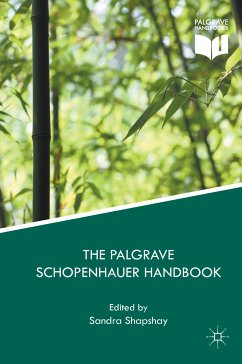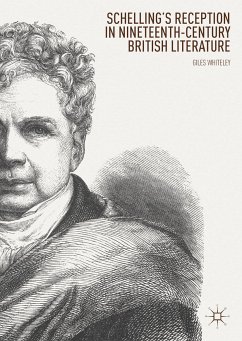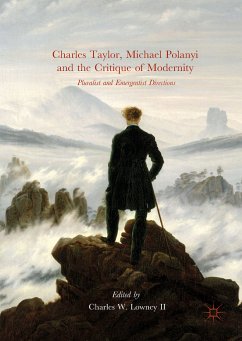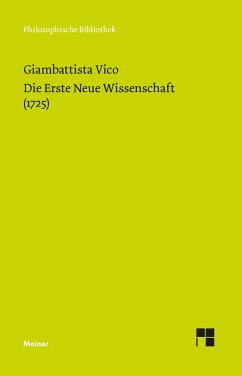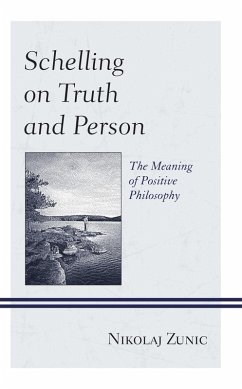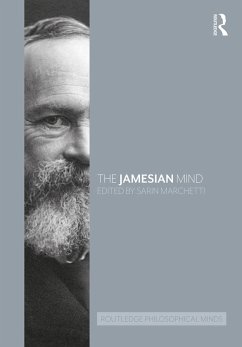
Schopenhauer on Self, World and Morality (eBook, PDF)
Vedantic and Non-Vedantic Perspectives
Redaktion: Barua, Arati
Versandkostenfrei!
Sofort per Download lieferbar
40,95 €
inkl. MwSt.
Weitere Ausgaben:

PAYBACK Punkte
20 °P sammeln!
Includes contributions from Schopenhauer experts across the world
Focuses on a less read area of Schopenhauer's deep and abiding interest in the Upanishads and Indic philosophy
Provides insights about the influence of Indic philosophical texts on Schopenhauer, and about his influence on modern Indian philosophers
Focuses on a less read area of Schopenhauer's deep and abiding interest in the Upanishads and Indic philosophy
Provides insights about the influence of Indic philosophical texts on Schopenhauer, and about his influence on modern Indian philosophers
Dieser Download kann aus rechtlichen Gründen nur mit Rechnungsadresse in A, B, BG, CY, CZ, D, DK, EW, E, FIN, F, GR, HR, H, IRL, I, LT, L, LR, M, NL, PL, P, R, S, SLO, SK ausgeliefert werden.



